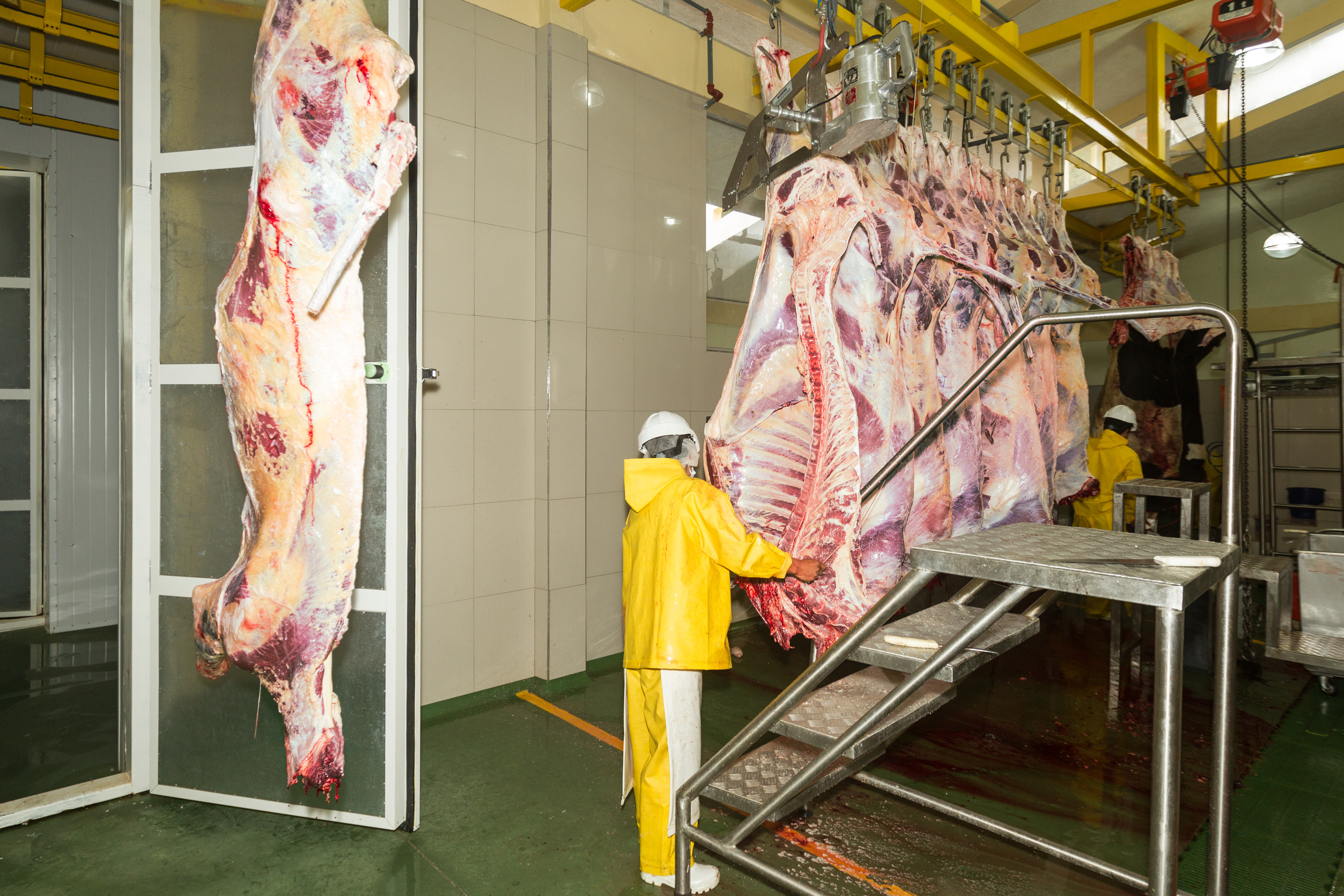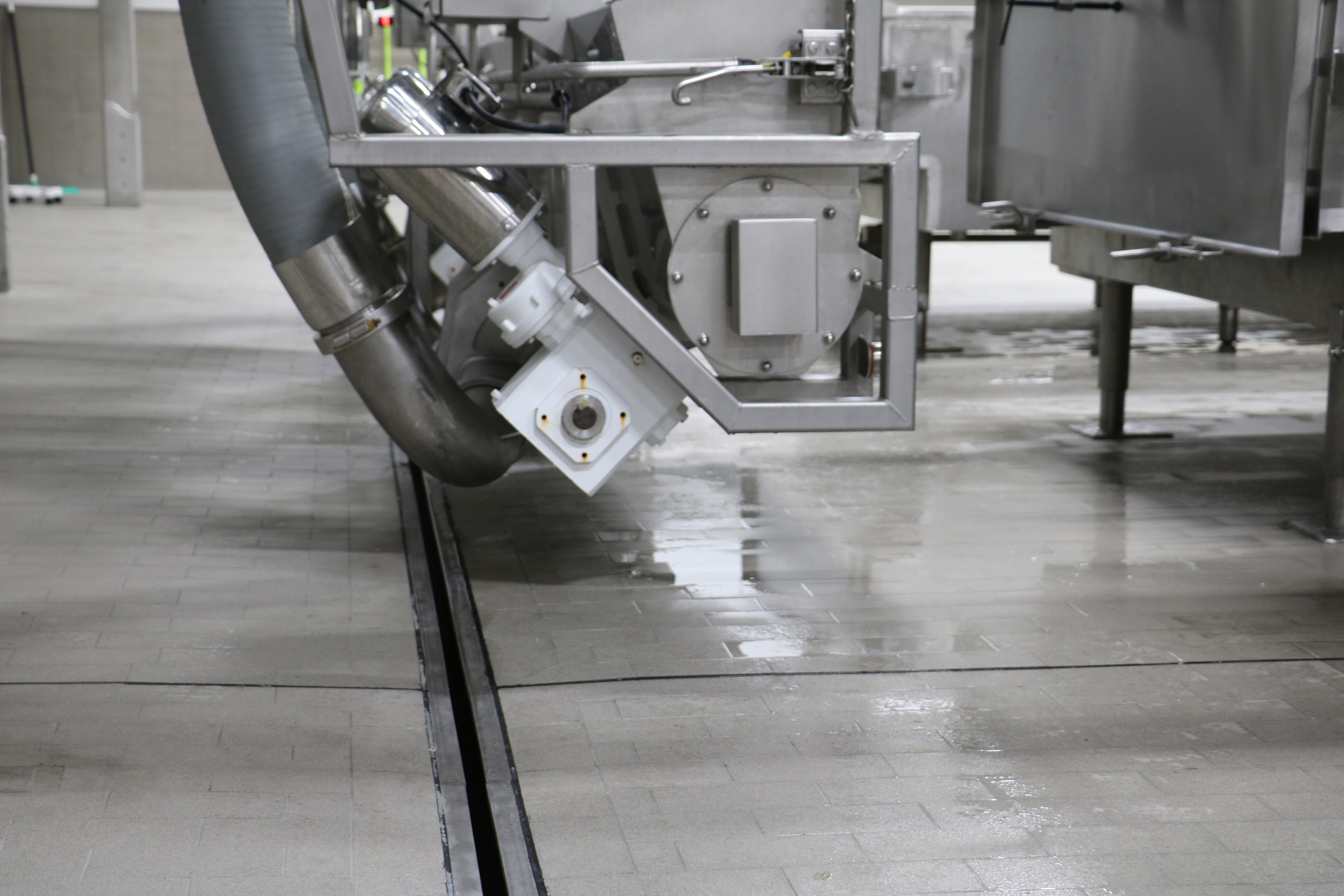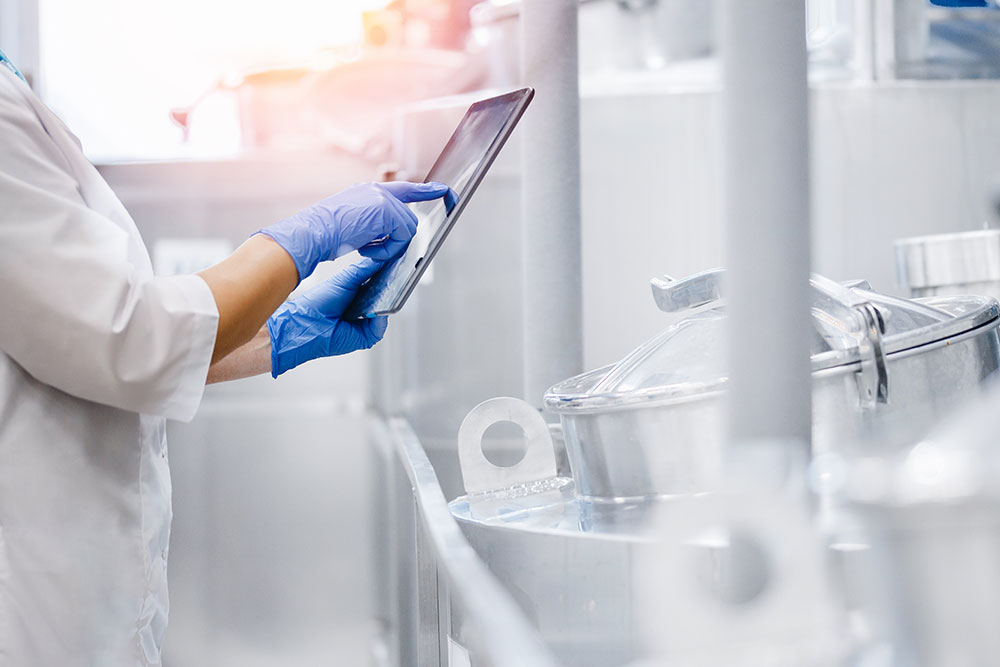The COVID-19 pandemic has put an extreme strain on global economies, due in large part to businesses being shut down, worker absenteeism, and supply chain issues. These strains have strongly affected frontline workers, which includes those within food and beverage processing facilities.
The mental toll of the pandemic may have led to a lapse in diligence, especially where daily cleaning procedures may be concerned. Dairy plant managers also have the added difficulty of staffing properly while ensuring proper social distancing, screening, and provision of PPE.
Here are a few tips to help maintain dairy plant food safety standards during COVID-19.
Invest in screening protocols
The key to preventing further absenteeism in dairy processing facilities is COVID-19 screening, much in the same way hospitals have been doing before you enter. While plants may choose to rely on employee self-screening, it is important to prevent those who have symptoms or have been in contact with others who do from entering the facility.
Screening can be done simply through temperature checks and the standard questions about symptoms, contacts, travel, etc. If in-house staff are designated to screen fellow employees, this can be a low-cost screening solution.
A digital alternative is the use of COVID screening apps, such as Go Evo, which allow employees to self-screen through the in-app questionnaire before every shift. Data is then compiled for administrative users, who can then keep detailed track of the COVID situation within their plant.
Use of a screening app is an ideal contact tracing method, which can help significantly reduce COVID spread within a busy dairy facility should any employees become infected.
Promote proper employee hygiene
From the very beginning of the COVID-19 pandemic, governments and local public health agencies have emphasized the importance of handwashing, and in a sanitary dairy processing facility, that goes double.
Proper employee personal hygiene is a cornerstone in maintaining high facility sanitation standards. Facility managers should promote and regularly monitor proper hygiene habits for employees, which includes the following:
-
Frequent, thorough handwashing
-
Clean uniforms at the beginning of every shift
-
Appropriate footwear, covered if necessary
-
Medical clearance to work in a food facility (which should be renewed at regular intervals)
-
Proper personal grooming habits (bathing, trimmed facial hair, no open wounds, etc.)
-
Mask wearing, even when socially distanced
-
Coughing/sneezing into the elbow, even when wearing a mask
Make cleaning easier
Even with some of the most stringent sanitation standards in existence, dairy processing plants can still be subject to a lapse in cleaning efforts. This can come about simply due to absenteeism — if workers are already stretched too thin, then there will be gaps in daily duties.
The mental toll of the pandemic can also bring down productivity, which includes regular cleaning duties. Workers may have every intention of getting to all of their duties, but stress may cause mistakes.
A way to not only make cleaning easier now but improve sanitation for years to come is to invest in a new drainage system with clean-in-place (CIP) capabilities.
Your drainage really matters
Yes, this is a blog on a website for a company that manufactures and sells drains. This may seem biased, but a highly effective drainage system can genuinely have a drastic impact on a dairy plant’s cleaning processes.
CIP drainage systems allow workers to plug the drainage channel, fill it with caustics or other cleaners, allow it to soak, and then fully flush it. CIP is one of the easiest and most effective ways to clean one of the highest-risk areas in a dairy processing facility.
Great drainage helps keep floors clean, workers safe, and minimizes or eliminates bacterial contamination.
Questions?
Do you have any questions about maintaining sanitation standards in your dairy facility during COVID-19?


